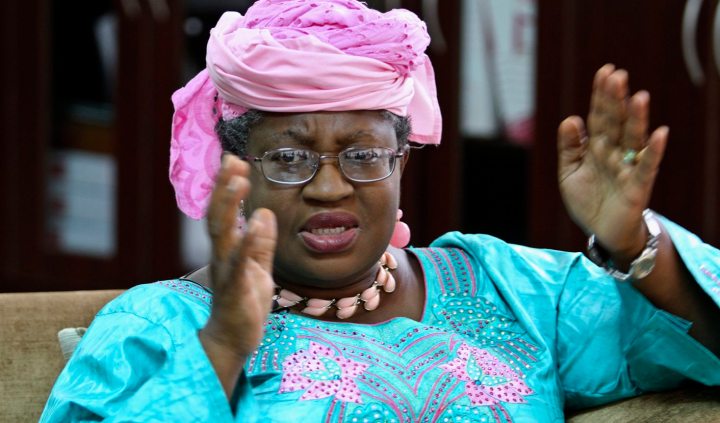Newsdeck
Nigeria Further Depletes Oil Savings For Spending

Nigeria will make a second $1 billion withdrawal from its Excess Crude Account (ECA) by next month to distribute to its three tiers of government for projects, reducing its oil savings to $6.82 billion, the state minister for finance said on Thursday.
The figure compares with $9 billion that the Finance Ministry said had accumulated in it by December. Nigeria deposits oil revenues above an assumed benchmark price into the ECA to cushion itself against future oil price shocks.
Africa’s second biggest economy is becoming increasingly attractive to portfolio investors, but they often worry about the government’s tendency to squander its oil windfall.
Nigeria distributes oil revenues each month to its three tiers of government – federal, state and local – but state governors often argue that savings should also be distributed.
Nigerian President Goodluck Jonathan approved the removal of $1 billion in January from the ECA to distribute to state governors for unspecified projects.
Minister of State for Finance Yerima Ngama said there was currently $7.82 billion in the ECA after that withdrawal.
“The federal government has concluded plans to withdrew another one billion dollars to be shared next month to facilitate various development projects being executed by the different tiers of government across the country,” he said.
Finance Minister Ngozi Okonjo-Iweala is trying to save more of Nigeria’s oil cash, but is under pressure from governors and the national assembly, who want more money to spend.
The previous handout was meant to appease state governors, who have threatened to take the federal government to court over what they say are unconstitutional withdrawals from the ECA.
The governors are also in court trying to block the expansion of a Sovereign Wealth Fund (SWF) launched last year, which was supposed to replace the ECA and which has greater safeguards to prevent savings being removed. It will now run alongside the ECA with an initial sum of just $1 billion.
The SWF would in theory help Nigeria better manage its oft squandered oil funds by putting them out of the reach of its political elites, but without the support of powerful state governors it is unlikely to take off.
Savings are often also depleted to pay for patronage just before elections and economists fear that if the SWF is not in place before a 2015 presidential vote, this will happen again. DM
Photo: Nigeria’s Finance Minister Ngozi Okonjo-Iweala speaks during an interview with Reuters in her office in the capital Abuja August 24, 2012. REUTERS/Afolabi Sotunde


















 Become an Insider
Become an Insider